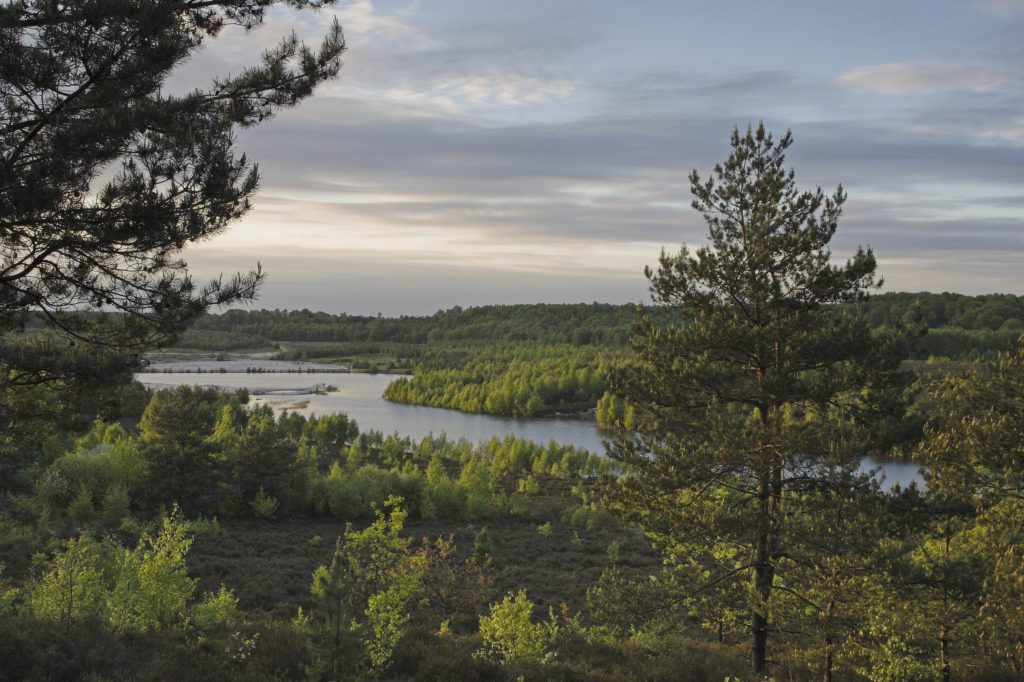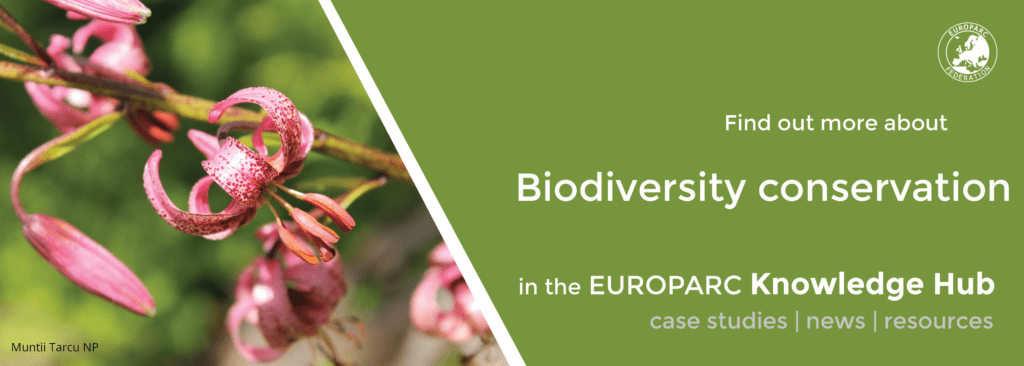What do you know about “Biological Field Stations”? – The OBFS Conference for the 1st time in Europe
CMK. Center For Environmental Sciences - Photo: Hasselt University
Get to know about the Organisation of Biological Field Stations (OBFS) a non-profit international network with more than 50 years of experience supporting their members maximizing diversity, inclusiveness, sustainability, and transparency, in a special conference host by EUROPARC member Hoge Kempen National Park in Belgium.
For the first time in Europe…
From the 9th to the 13th of September, the Hoge Kempen National Park (Belgium) will host the yearly conference of the Organisation of Biological Field Stations (OBFS), organised by the Field Research Centre Hasselt University. OBFS has the mission to help member stations increase their effectiveness in supporting critical research, education, and outreach programs and their annual Conference is a gathering of field stations managers and researchers,
- What? Yearly Conference of the Organisation of Biological Field Stations (OBFS)
- When? 9-13 September 2019
- Host: Field Research Centre Hasselt University
- Where? Maasmechelen, Zetellaan 52 (and Home Fabiola Maasmechelen)! Group accommodation in a Field Station setting.
- Who? Field station directors and managers (and researchers)
- Expected number of participants: 130 pp (70% USA; 30% Europe, South-America, and Africa)

Kikbeek Valley – Hoge Kempen National Park
But what are “Biological Field Stations”?
Spread throughout the world, the Field Stations serve as living libraries or outdoor laboratories aiming to understand natural processes at every scale, from the molecular to the global, from milliseconds to eons. They depend upon the support and involvement of the community- formed by students, researchers, and the general public interested in the environment.
Field stations are places where we can read the book of life in the language in which it was written.
– James Kirchner, UC Berkeley
Biological Field Stations_brochure
They vary greatly in heir form, extension, and even purpose, but they all share the same commitment to advancing our understanding of the Earth by supporting research, teaching, and public education. The range goes from marine laboratories whose focus is offshore, to terrestrial reserves dedicated to protecting key ecosystems. They serve not only as a research center but also as a scientific education resource.
Field stations play a vital role in the local communities, both encouraging staff, and researchers in taking part in local and regional decisions to make sure the environment is taking into account. And providing facilities and useful scientific data to improve the local knowledge about the environment, supporting governmental and other stakeholders address environmental-related issues.
Don’t miss the date and discover the workshops, field trip and more of this conference in the official Website of the OBFS
